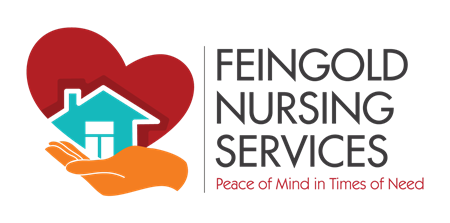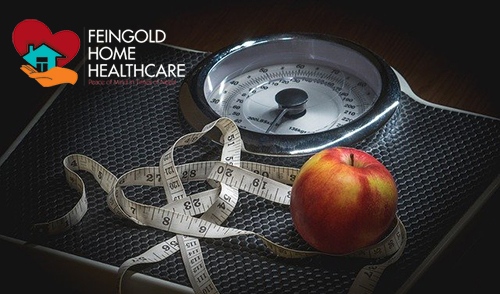It seems most people think they are overweight or underweight. Very few people seem to be satisfied with their current body weight and that may be accurate. The best place to start is with a visit to the doctor and some questions. A check-up combined with some blood and urine tests will usually point you in the right direction to begin gaining or losing weight depending on what your doctor advises.
Many people seem to gain weight as they get older, and they wonder why. New research from Sweden has uncovered why that is: Lipid turnover in the fat tissue decreases during ageing and makes it easier to gain weight, even if we don’t eat more or exercise less than before. That seems totally unfair, but it’s reality.
Underweight people may be suffering from serious issues and they shouldn’t just assume they’re not eating enough. Once again, a good examination combined with lab tests should put you on the right track.
It’s all about calories.
Ask your doctor how many calories you should be eating every day. It might be a good idea to see a nutrition specialist to get this information because they know what works.
There are some basic healthy guidelines for everyone, overweight, underweight, or even if you’re just right:
- Eat fruits and vegetables. They can be fresh, frozen or canned. Eat more dark green vegetables such as leafy greens or broccoli, and orange vegetables such as carrots and sweet potatoes.
- Vary protein choices with more fish, beans and peas.
- Eat at least three ounces of whole-grain cereals, breads, crackers, rice or pasta every day. Choose whole grains whenever possible.
- Have three servings of low-fat or fat-free dairy (milk, yogurt or cheese) that are fortified with vitamin D to help keep your bones healthy.
- Make the fats you eat polyunsaturated and monounsaturated fats. Switch from solid fats to oils when preparing food.
Another smart rule is to always keep sugar and salt to a minimum. Diabetes and Hypertension (high blood pressure) are two of the most common issues for people and they should always be ingested in moderation.
If you are concerned about a loved one who may not be eating right, we may be able to help. Our nurses and home health aides are trained to look for signs of nutritional issues in our patients and can even help with healthy meal preparation. Call us 7 days a week at (561) 210-9096 and we’ll be happy to answer your questions.



Recent Comments